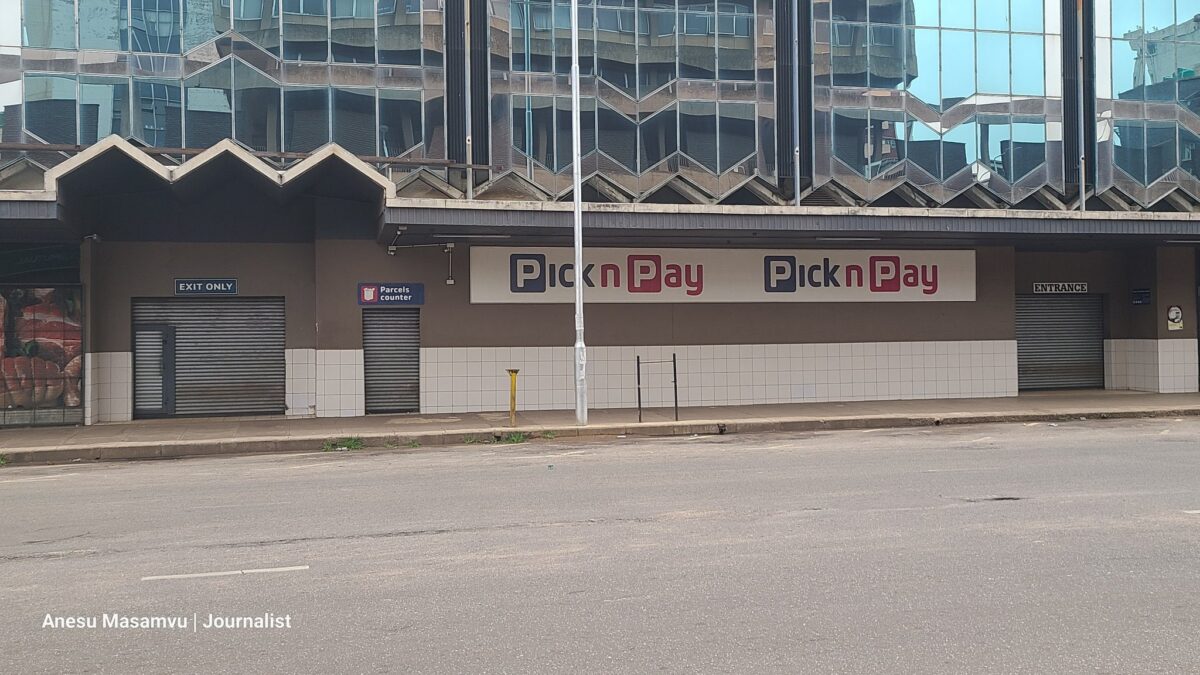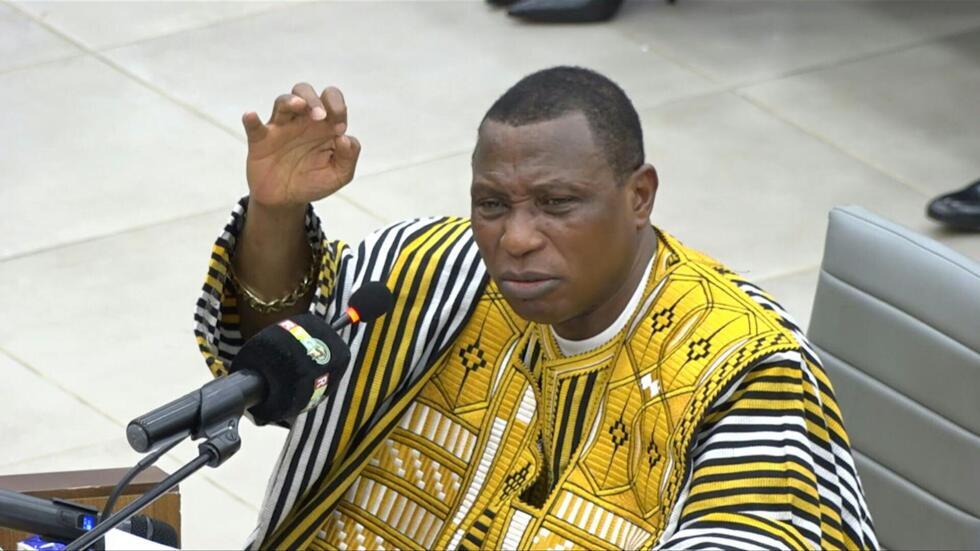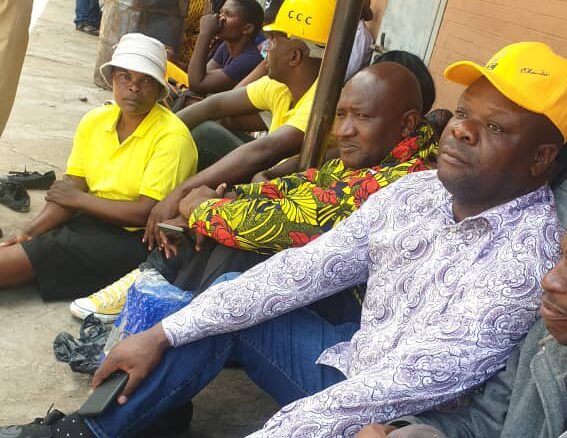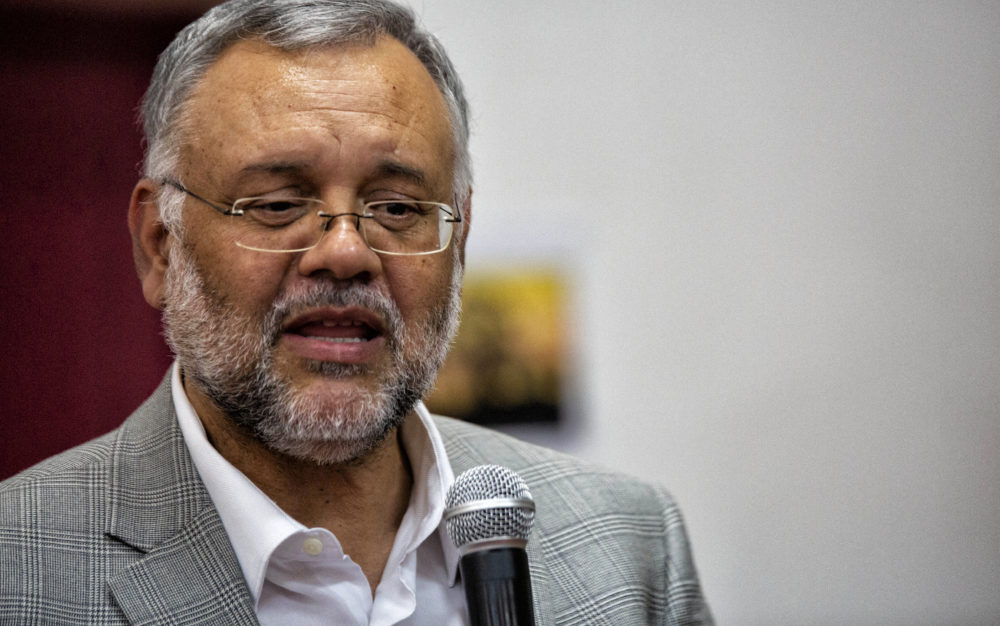HARARE – An appeal by a dozen Citizens Coalition for Change (CCC) candidates for the National Assembly who were barred from running in the August 23 elections will be heard by the Supreme Court on Wednesday.
The date was fixed by the apex court following a case management meeting on Monday.
“The appeal has been set down for 2PM on Wednesday,” a lawyer for the candidates Professor Welshman Ncube said.
Twelve Zanu PF activists, each from Bulawayo’s 12 constituencies, filed simultaneous applications at the High Court to have the CCC candidates and five others barred from running in elections next month on the basis that they filed their nomination papers after the 4PM deadline on June 21.
The ruling saw three Zanu PF candidates win seats unopposed in Cowdray Park, Bulawayo Central and Bulawayo South. In nine other constituencies, Zanu PF were left facing smaller opposition parties and independents.
In an appeal filed at the Supreme Court on July 28, the 12 CCC candidates raised nine grounds of appeal, citing Justice Bongani Ndlovu for granting an application which they say was based on “objectively established falsehoods.”
The Zimbabwe Electoral Commission (ZEC) and the CCC candidates all opposed the applications which were consolidated into one because of similar facts.
ZEC maintained that all candidates who were accepted had filed their papers by 4PM.
The Zanu PF activists relied on an internal ZEC document which has time stamps next to the names of candidates. They claimed the indicated times, all after 4PM on June 21, showed when CCC candidates filed their nomination papers, but ZEC said the indicated times only showed when a candidate’s details were captured on their computer.
In the Supreme Court appeal, the CCC candidates argue that Justice Ndlovu “erred in proceeding to hear argument on merits of the matter without making a determination on the points taken before him in limine litis.”
In particular, they say the High Court erred in assuming jurisdiction “over a matter which is by constitutional and statutory command subject to the exclusive jurisdiction of the Electoral Court and so erred in entertaining a review disguised as a declarator.”
They also argue that Justice Ndlovu should not have granted the relief to the Zanu PF activists as they had “no locus standi in judicio” as they could not swear positively to the facts they relied upon “and who sustained their cause on the basis of objectively established falsehoods.”
“The court aquo grossly misdirected itself and seriously erred in admitting inadmissible hearsay evidence on a matter material to the resolution of the applications and in allowing the applicants to sustain their case on the basis thereof,” they further argue.
Finally, the CCC 12 argue that the judge erred “in not concluding that appellants had timeously presented their papers, had absolute right to have them processed and accordingly had been declared duly nominated by the nomination court.”
The High Court ruling has major implications for the CCC which, as it stands, cannot have any senators from Bulawayo or lawmakers under the youth and women’s quota as these are determined by the number of votes secured by National Assembly candidates.
















